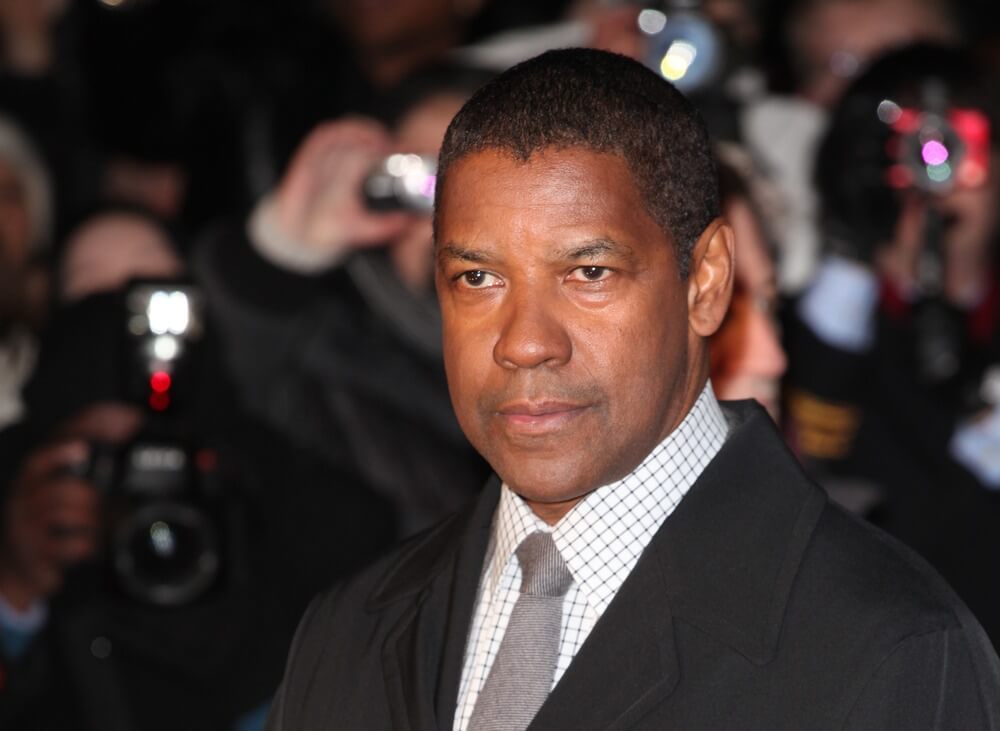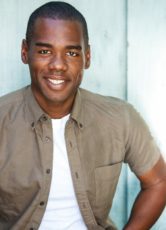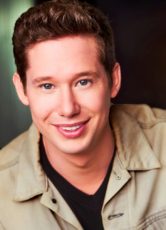
Denzel Washington’s 2011 commencement speech to the alumni of the University of Pennsylvania is both heartfelt and inspirational; he implores the graduates, “Do you have the guts to fail? If you don’t fail, you’re not even trying. To get something you never had, you have to do something you never did.”
Indeed, Denzel knows this valuable life lesson through experience. He says, “In the acting business, you fail all the time,” and he goes on to describe one audition early in his career for a Broadway musical–even though he couldn’t sing and his understated acting style wasn’t fit for a large theater.
But Washington didn’t allow this failed experience to stop him from pursuing his acting aspirations. He continued to audition, and when those later auditions didn’t pan out either, he still didn’t quit. “I’m sure people have told you to, ‘Make sure you have something to fall back on, make sure you got something to fall back on.’ But I never understood that concept. If I’m going to fall, I don’t want to fall back on anything–except my faith. I want to fall forward. I figure, at least this way, I’ll see what I’m going to hit. Every failed experiment is one step closer to success.”
Denzel’s comfort level for risk and failure has certainly paid off for him. He’s celebrated for his strong characters, is a coveted A-list actor, and has won several awards for his work including two Oscars–for Best Actor in Training Day and Best Supporting Actor in Glory. Clearly, his philosophy has worked for him!
It’s interesting to note that Denzel’s approach to learning–or his mindset–is right in line with a deep body of research regarding learning skills or growing intelligence. With all the concerns about how to best educate children, a bounty of compelling studies have emerged shedding light on effective learning as well as the importance of how people regard their struggles and failures.
Now, surely you’ve heard people say things like, “Don’t let failure stop you,” but many people find it hard to follow through on this. While some briskly pick themselves up and brush themselves off, others feel stunted by such seemingly smug remarks. If the fear of failure overwhelms you or if you’re someone who finds it hard to engage deeply in the process side of being an actor, and are more concerned about the resultant performance, then you might be interested in the studies on mindsets.
Although the studies have focused on young children through high schoolers, it’s likely that adults will see themselves in the findings. According to Stanford University psychology researcher, Dr. Carol Dweck, fully embracing and diving into your struggles is precisely what makes your mind and abilities grow. As obvious as this might sound, you might be surprised to see how easy it is to sabotage your own learning without even realizing it.
Some kinds of praise, for example, can undermine the learning process. In many studies, those who were praised for “being” smart or “being” talented were at significantly higher risk of quitting when obstacles presented themselves; whereas, those who were praised for their focus, hard work or tenacity were significantly more motivated to take on more challenges, and stay the course till completion. Praise like “You must have worked really hard,” is like fertilizer to the learner as “human abilities can be grown,” Dweck asserts.
When Denzel says, “Every failed experiment is one step closer to success,” his thought process is called a “growth mindset.” Those with growth mindsets believe that one’s abilities and intelligence are grown when effort is exerted, by struggling, and experiencing failure. They embrace challenges with the understanding that their efforts can alter learning outcomes. They see learning as a process. These people tend to push themselves to grow in both skill and intellect whether it be by confronting setbacks or spending more time applying themselves or exerting more effort. In the long run, these people achieve more, and choose increasingly difficult tasks.
This is to be compared to “fixed mindsets.” Those with fixed mindsets incorrectly believe that people are born either smart or not, and that intelligence is the result of genes. According to Dweck, these individuals will often limit their efforts to only tasks they have a good chance of experiencing success. They tend to avoid activities or challenges that require them to struggle, they exert less effort, and tend to give up more readily. As a result, these individuals’ learning is limited. “You’re such a genius,” or “I’m so talented” is actually not a helpful compliment to give someone after all, nor is it beneficial self-talk.
Dweck describes the logic behind this: If you have to try hard, you must not be smart or skilled. Thus, people hide their mistakes or deficiencies, get defensive, maybe reveal themselves as bored, are more likely to blame instructors, and be more likely to cheat. Basically, this kind of praise backfires because with a fixed mindset “effort and difficulty make you feel dumb,” according to Dweck.
Think of all the ways actors struggle when learning the craft. Does the challenge of a role and preparing for it, rehearsing and acting it fully engage you more than the result of the performance? Do you dedicate your time and energy to getting to know and empathize with your character, make purposeful decisions on how to deliver your dialogue and devote yourself to creating believable facial expressions? Do you emphasize the craft over promoting yourself, commit yourself to being professional over making as many connections as you can? In this highly competitive business, actors need to get as exceptional at their craft as possible–and then keep on building upon the craft even beyond that.
Actors also need to have an arsenal of special skills to broaden their ability to find work. This requires a whole lot of learning for actors! If you feel overwhelmed with fear of failure, remember what the research indicates: that our brains are like muscles. To get strong muscles, we need to exercise them on a regular basis and challenge them with weights or exert them for longer periods of time. So it goes with our brains. But it’s the mistakes we make, and learning from them, that makes our brains grow robust with synapses–as opposed to always doing what comes easy.
So praise yourself not so much for what you’re already good at, but for persevering with what you find most difficult and for risking failure. Reinforce your dedication to hard tasks with phrases like, “I really like how you struggled with that,” praise your creative ideas, your strategies, your focus as these are the ingredients for success. If you find yourself thinking about how you don’t know how to do something, Dweck says to add “…yet.” “I’m not good at memorizing lines,” turns into “I’m not good at memorizing lines…yet.” Here’s to you finding your true potential!
Here is a 43-minute talk by Dr. Carol Dweck on teaching a growth mindset.
Want to get your acting career started? Sign up or login to Casting Frontier and start auditioning today!
Related articles:
Get Your Daily Dose of Denzel Washington’s Uplifting Words
Actors on Self-Care
Inspirational Life Advice From Celebrated Actors




